Complete the form to request a no-obligation quote by phone or video. We will connect with you within 2 hours.
If you prefer, call us directly at (647) 691-6499.
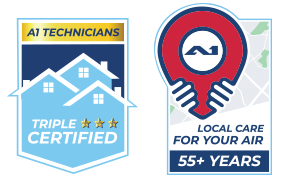
![]() A better understanding of how people inhabit their living spaces has led to products designed to create indoor environments that use energy resources more effectively. Contrary to its name, a heat pump delivers both heating and cooling with or without the use of ductwork.
A better understanding of how people inhabit their living spaces has led to products designed to create indoor environments that use energy resources more effectively. Contrary to its name, a heat pump delivers both heating and cooling with or without the use of ductwork.
A heat pump is an electrical device that extracts heat from one place and transfers it to another. The heat pump is not a new technology – it has been used in Canada and around the world for decades. Refrigerators and air conditioners are both common examples of this technology.


Since the ground and air outside always contain some heat, a heat pump can supply heat to a house even on cold winter days.
Unlike forced air furnaces that require gas to heat the air, a heat pump only requires a little electricity to run. They are an ideal option for those wanting an environmentally friendly option, as a large portion of the energy used to heat or cool your home comes from the outside air, a free and infinitely renewable resource.
There are a wide range of benefits to installing a heat pump instead of a traditional furnace/air conditioner combo.
Smart inverter technology
Energy efficient
Comfort

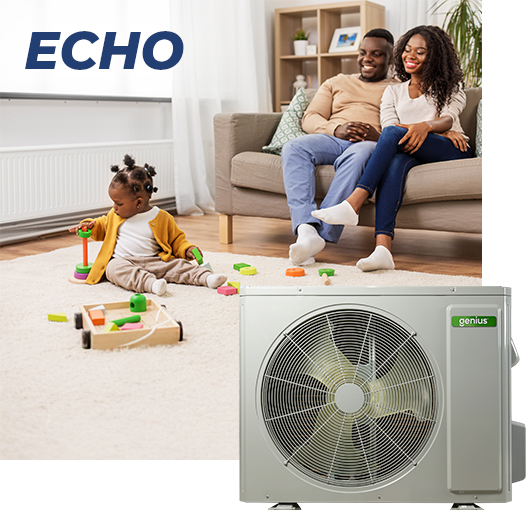

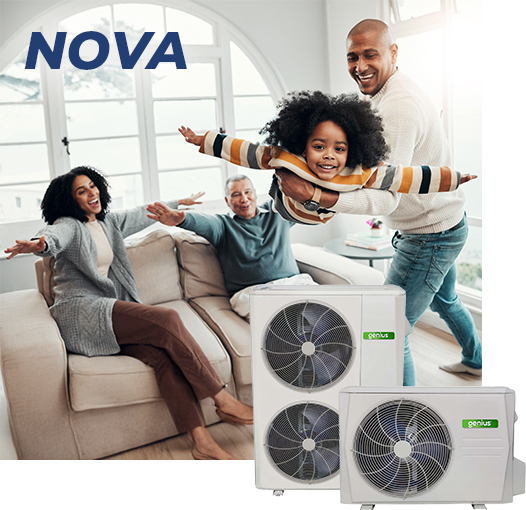

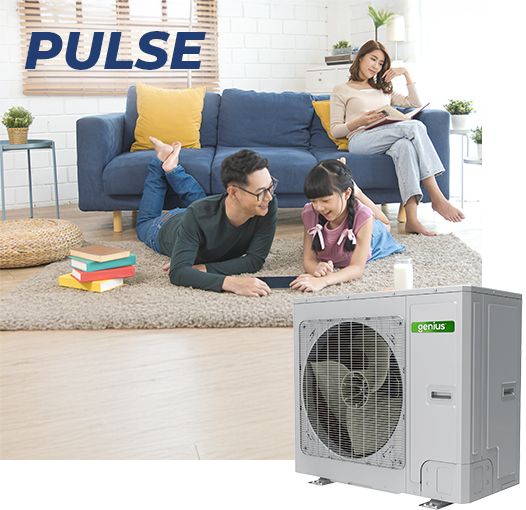

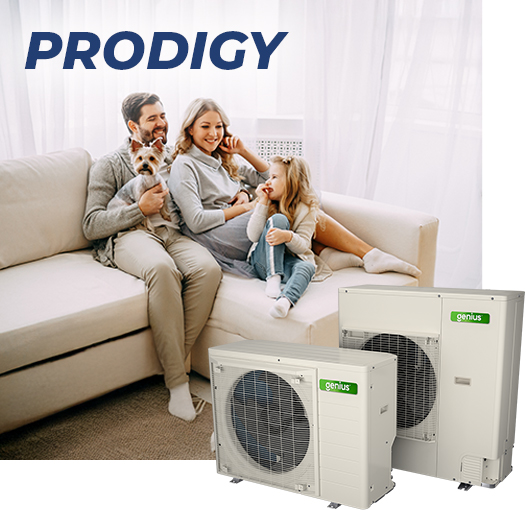

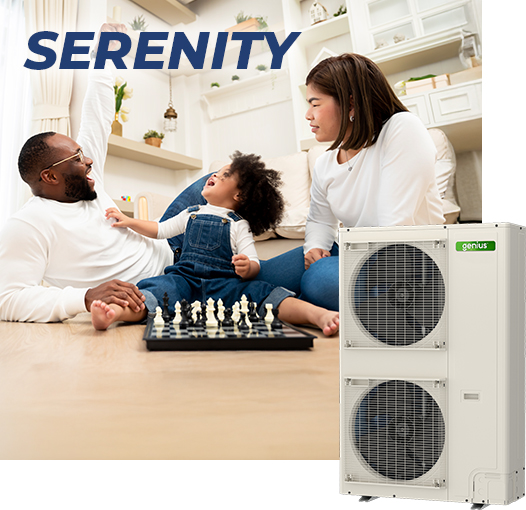
Our Solutions Specialists can help you estimate savings that are more specific to your home and your current heating sources.
But according to studies done by the Environmental Protection Agency, air source heat pumps can reduce electricity usage for heating by up to 50% compared to electrical furnaces and baseboard heaters. Cold climate heat pumps are engineered for efficiency, but for optimal savings, systems need to be correctly designed and installed. Factors like the age and type of your home construction & cold weather performance of the heat pump can impact the system’s efficiency.
Heat pumps definitely have higher upfront installation costs. If you are using your heat pump to only heat your home (no cooling), then a heat pump costs more to install than a gas furnace. However, if you need to cool AND heat your home, a heat pump can cost about the same to install a new gas furnace with an AC. With a heat pump, you will experience better performance & increased energy efficiency over time.
No, they are not noisy – heat pumps are virtually silent. Heat pump technology has evolved over time and new heat pumps are now much more efficient and much quieter. Look for a unit that is 60 decibels or less.
Heat pumps don’t use flammable gases to heat your home, so there is no risk of gas by-products like carbon monoxide which can be harmful if proper safety precautions are not followed.
Yes, the name can be misleading but heat pumps are designed for both cooling and heating.